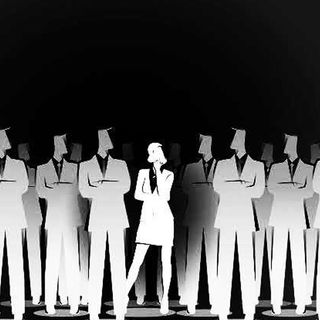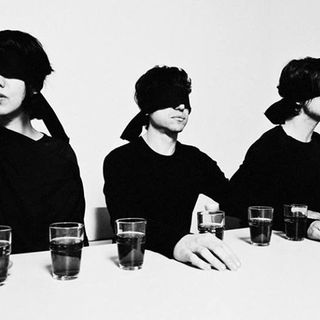YouTube sensation Lilly Singh bagged a late-night talk show spot on NBC earlier this year, replacing one of the channel’s mainstays, Last Call With Carson Daly. The pilot episode of Singh’s show, A Little Late With Lilly Singh, debuted on September 16, first on YouTube, as a shoutout to the platform that launched Singh’s career. Singh has had a decade-long stint as a YouTube superstar, releasing satirical videos and sketches about Punjabi culture, growing up in Canada, and a wildly popular series with her fictional parents. Since news broke that Singh was to have her own NBC show, the rhetoric has focused more on her skin tone, her sexuality (she came out as bisexual earlier in 2019), than the talent and hard work she put in to arrive at this milestone of success.
Yes, she’s the first-ever openly queer woman of color to have her own talk show on a mainstream network, a characteristic Singh says the media unduly focused on while reporting about her; the show might as well be called “A Little Late With Bisexual Woman Of Color,” Singh quips on the show’s first episode. While a feat in itself — imagine Lilly Singh teaching NBC executives a thing or two about being brown and queer (not that it’s her job) — this categorization of superstars from underrepresented and/or marginalized communities can often be perceived as overlooking their talent, as reducing them to the characteristics that make them different.
Singh’s joke alludes to a common resentment other brown stars have felt in the U.S. Priyanka Chopra, for example, famously said in a Refinery 29 interview that she doesn’t like to be called “woman of color” for similar reasons: “I feel like that puts women in a box. I’m a woman, whether I’m white, black, brown, green, blue, or pink — whatever. I think we need to start looking beyond that,” Chopra said.
It’s a shame, really, the way the media has covered Lilly Singh. It would be ideal for women — queer, of color and otherwise — to feel comfortable owning the labels the media puts on them, which then could translate to them encouraging young fans to follow suit. But when owning a label threatens to come at the cost of being considered credible, the labels themselves — no matter how trailblazing — become costly.
Related on The Swaddle:
Controversial Crush: Rupi Kaur
For NBC, Singh is a steal — she is uniquely funny; she has a loyal, international fan base on the internet; she is tuned in to all things young and trendy (unlike said ancients at NBC); and because of her, the network gets to boast they’re the first to hire a woman, of color at that, to replace Daly, who had been beloved at the 1:35 a.m. slot for 17 years. We all know there is a push for diversity in the media, with major media conglomerates scrambling to be ahead of the curve and be flagbearers of a diverse workforce. While this is mostly good for representation for underrepresented and/or marginalized communities — how many brown people can say they saw themselves in the superstars at NBC growing up? — it can hurt the credibility of the talent these networks tout, when the individuals are only lauded for what they represent or stand for, rather than who they are and what they’ve done.
Lilly Singh, one of the funniest, most hard-working entrepreneurs of the digital age, is also a bisexual woman of color. Hopefully, one day, all of these labels can exist together.




